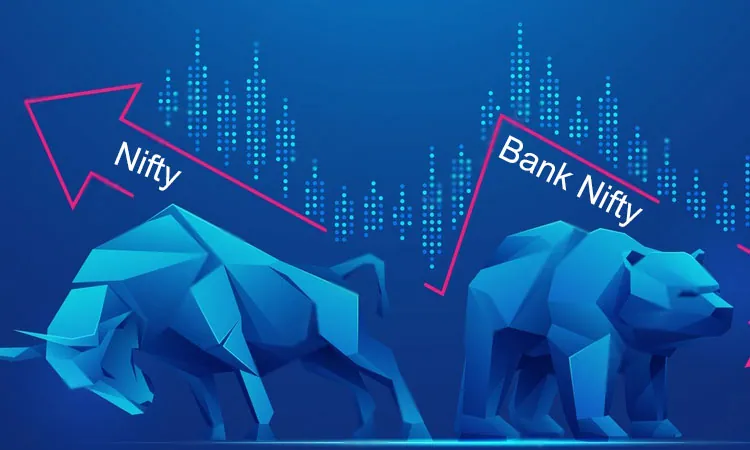The Nifty 50 index was introduced by the National Stock Market of India (NSE) in 1996 to monitor the performance of some of the biggest and most actively traded firms that are listed on the market. Nifty has been one of the important benchmark indexes for the Indian stock market over time. Nifty Bank opened for business at the same time as other new private sector banks in India. The Nifty Bank and nifty share price serve distinct purposes, although they are nonetheless closely related. Let’s take a closer look at this relationship.
What is Nifty?
The 50 stocks that make up the Nifty market-capitalization weighted index are listed on the NSE. As of March 2023, it accounts for around 63% of the market capitalization of equities listed on the NSE that are free float.
The firms that comprise the Nifty are some of the biggest and most frequently traded equities on the NSE across a variety of industries, including FMCG, IT, oil and gas, financials, and pharmaceuticals. Because of this, Nifty is a useful indicator for evaluating the overall performance of the Indian stock market.
One of the most important indicators that both local along with the foreign portfolio investors use to compare their performance is the Nifty. To give exposure to the Indian market, a lot of exchange-traded funds and mutual funds follow the Nifty index. On Nifty, derivatives like as index futures and options are also traded, offering chances for both speculation as well as hedging.
What is Nifty Bank?
In India, Nifty Bank is a brand-new private bank that opened for business in 2021. It seeks to use technology to give its clients a smooth along with trouble-free banking experience. Important details regarding Nifty Bank to be aware of include:
- It is a worldwide bank that offers business and retail banking services.
- The company’s primary competencies are technology as well as digital platforms, with a particular emphasis on providing banking services via websites and mobile apps.
- It has branches in several major Indian cities along with intends to grow even more.
- Nifty Bank wants to serve small as well as medium-sized businesses in addition to individual consumers.
- Through its digital platforms, it provides a variety of banking products, including credit cards, loans, savings accounts, investments, insurance, and more.
The Relationship
Nifty and Nifty Bank have a significant association even if they are in separate industries:
- A number of the businesses that make up the Nifty 50 index are in the banking along financial services industry, including Axis Bank, Kotak Mahindra Bank, HDFC Bank, and ICICI Bank. These banks’ stock price fluctuations affect the total Nifty levels because they are a part of the Nifty.
- Nifty Bank hopes to list on stock markets in addition to growing its business. If qualifying requirements are satisfied, the stock may eventually be included in indexes such as Nifty Bank after the IPO. There would be a direct result from this.
- Many investors watch the Nifty to get indications about the mood and the prospects of the market as a whole. Good results from Nifty-listed banks may increase public trust in the banking industry and help up-and-coming firms like Nifty Bank.
- Nifty Bank may also assess its own performance and room for growth over time by using Nifty levels along with returns as a benchmark.
Conclusion
Although Nifty and nifty bank share price have different goals, the former sends forth crucial signals about the listed space as well as the banking industry. The modern private bank along with investors both benefit from this arrangement. Monitoring Nifty values might provide information about more general industry developments that affect Nifty Bank.

